

Bad Economy: Impact Investing is the way out, says Awosika
By emmanuel MALAGU
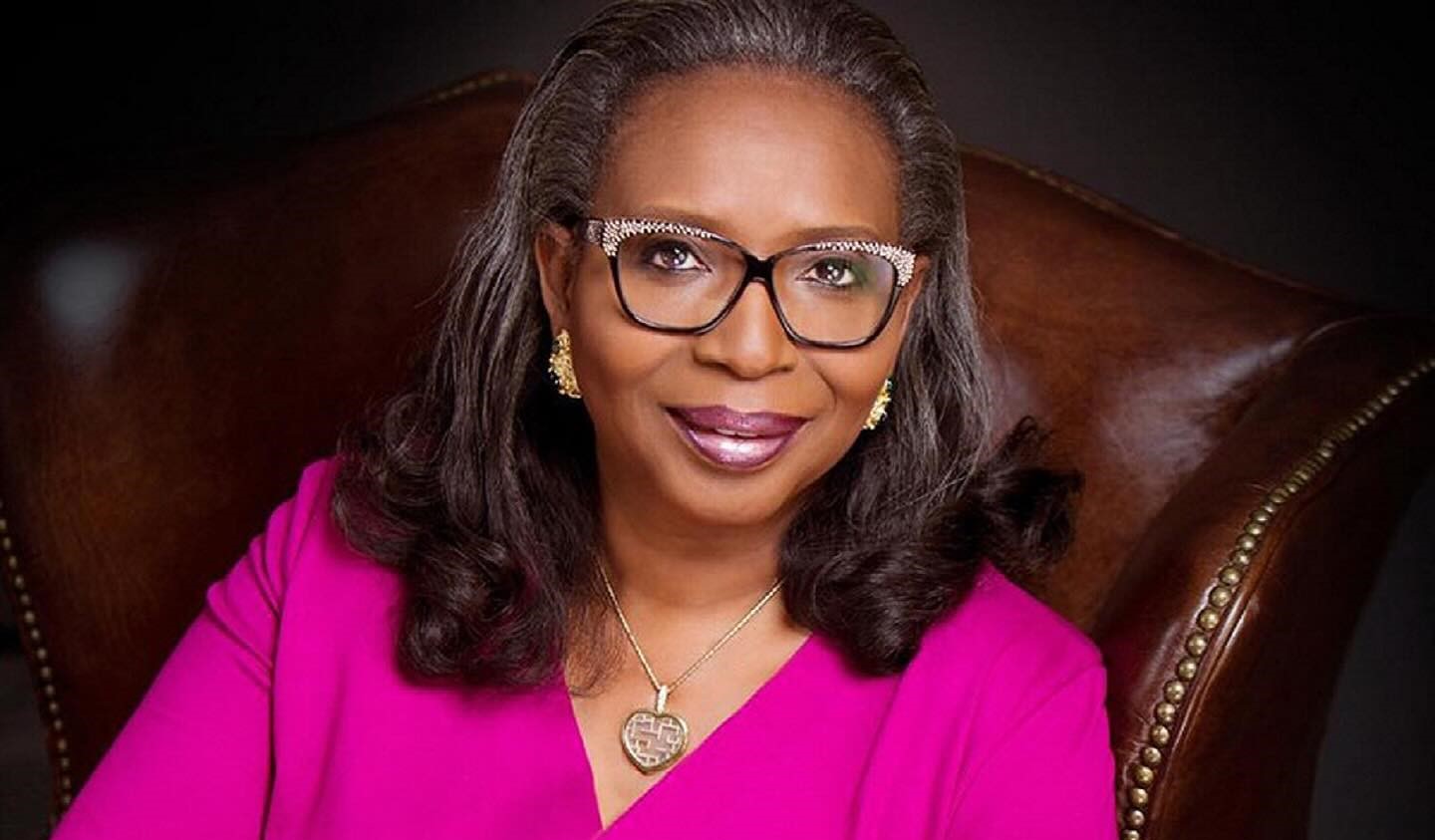 Chairperson, Nigeria’s National Advisory Board for Impact Investing, Ibukun Awosika
Chairperson, Nigeria’s National Advisory Board for Impact Investing, Ibukun Awosika
The Chairperson of Nigeria’s National Advisory Board for Impact
Investing, Ibukun Awosika, has described Impact Investing as Key to unlocking
Value across various Economic Sectors.
Awosika, who also serves as Vice Chairperson of the Global
Steering Group for Impact Investment, made this Statement during a Roundtable
Meeting on Monday in Lagos.
The Event served as a prelude to the 2025 Africa Impact Summit
Study Tour scheduled to take place in Nigeria.
She said Impact Investing can address Challenges in Education,
Agriculture, Enterprise Growth, Youth Employment and other Critical Sectors of
the Economy.
“To deliver Impact through Investing, we must transform the
Processes, including Policies and all Segments of the Value Chain.
“This involves building the right Systems, involving Key
Players, removing bottlenecks and activating the Value Chain to drive Economic
Growth,” Awosika added
She noted that Nigeria’s Impact Investment Journey began in
2019, with Foundational Structures and Ecosystem Development gradually taking
shape.
“Various Stakeholders who can strengthen the Ecosystem are now
learning how to collaborate to build a Functional and Effective System,” she
said.
Awosika stressed the importance of a holistic Approach involving
Government, Private Sector, Activists, and International Support to foster
Impact Investing.
“This Coordinated Approach will attract Sustainable Financing,
moving beyond Charity to create Profitable and Viable Investment
Opportunities,” she noted.
She highlighted the significance of Local Investors, urging the
Government to introduce enduring Policies that help Domestic Businesses thrive.
“Foreign Investors can leave when unhappy, but Local Investors
stay — so the System must prioritise their Needs.
“While supporting Foreign Investment, we must also enhance the
Environment for Local Investment to drive lasting Growth.
“A thriving Economy requires the right Policies. Once the right
Conditions are in place, Transformation will follow naturally,” she emphasised.
Etemore Glover, CEO of the Impact Investors Foundation, called
for increased Access to Finance, particularly for Women Entrepreneurs.
She said there remains a significant Gender-Based Funding Gap
that needs urgent attention and corrective Policies.
“There’s a $42bn gap between Male and Female-led SMEs. This is
one Key Area where Change is needed,” Glover noted.
She called for Regional Policies that ease the Movement of
Goods, Finance and reduce Transaction Costs across African Borders.
“These Structural Reforms, along with empowering Local Fund
Managers, are critical to meaningful progress,” she said.
Emeka Vitalis, Permanent Secretary, Ministry of Petroleum
Resources, stated that President Tinubu has fostered Investment to stabilise
the Naira.
He noted that each Nation must define its own Strategy to deepen
Impact Investing among its Citizens.
“Funds have been released, and Youth-Focused Initiatives, like
Consumer Credit, are already empowering Young Entrepreneurs,” Vitalis stated.
He added that Access to Capital through Government Loans and
Grants reflects strong Institutional Support for Youth Investors.
“These Programmes are enabling Young Nigerians to participate in
Impact Investing, though they must develop Financial Acumen,” he said.
Vitalis said the Government, in Partnership with Private
Agencies, has provided Grants, Education and Nurturing Environments for Talent
Development.
“Africa’s Youth Population is vibrant, and Nigeria leads by
example in fostering Impact Investment,” he stated.
He noted that while Growth is gradual, Nigeria’s strengthening
Economy will influence the wider African Continent positively.
“We expect other African Nations to follow this path and make
bold progress,” Vitalis said.
Stakeholders underscored the Government’s Role in unlocking
Capital for MSMEs through Supportive Policies and Regulations.
Credit NAN: Texts excluding Headline


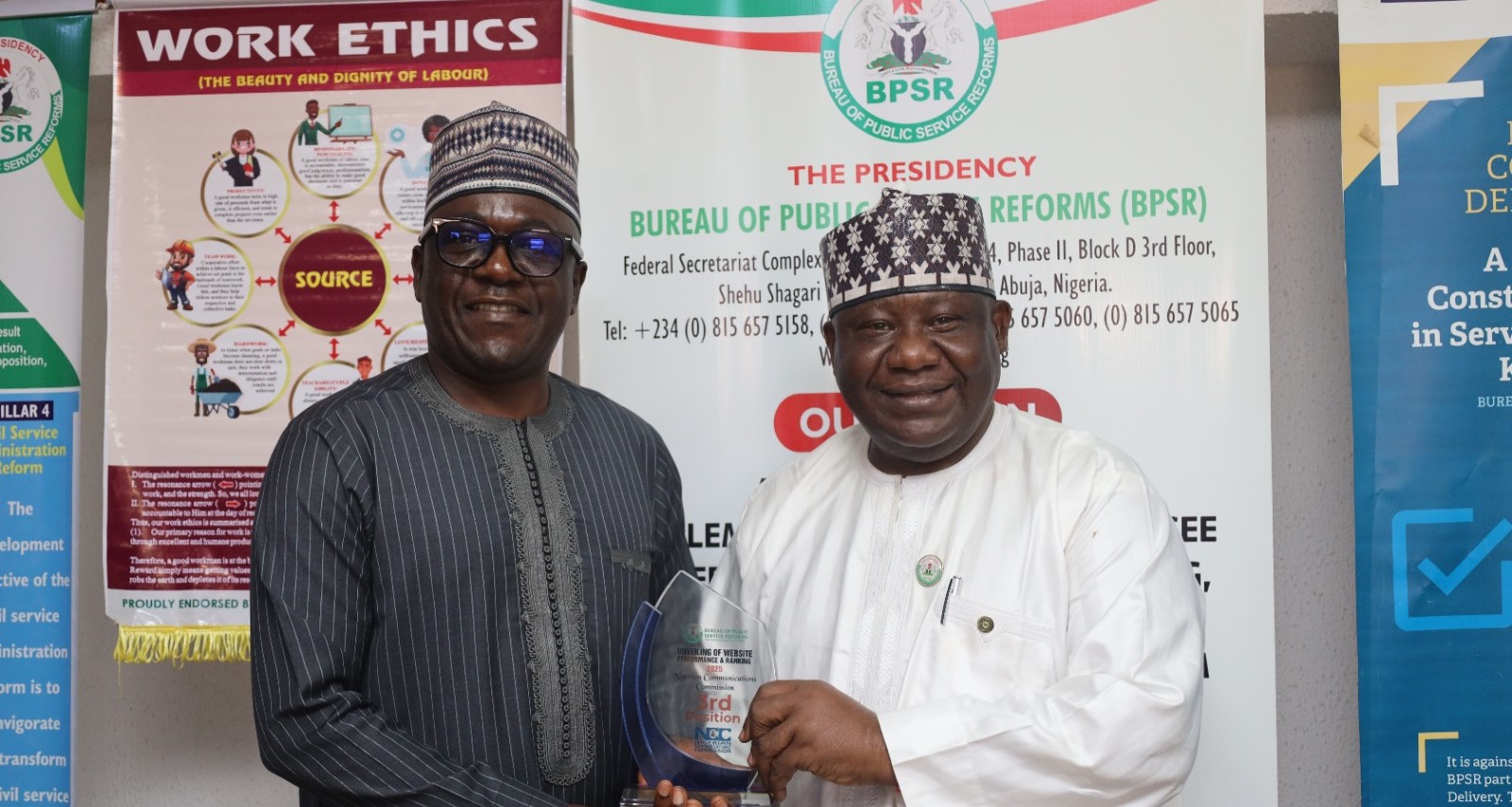

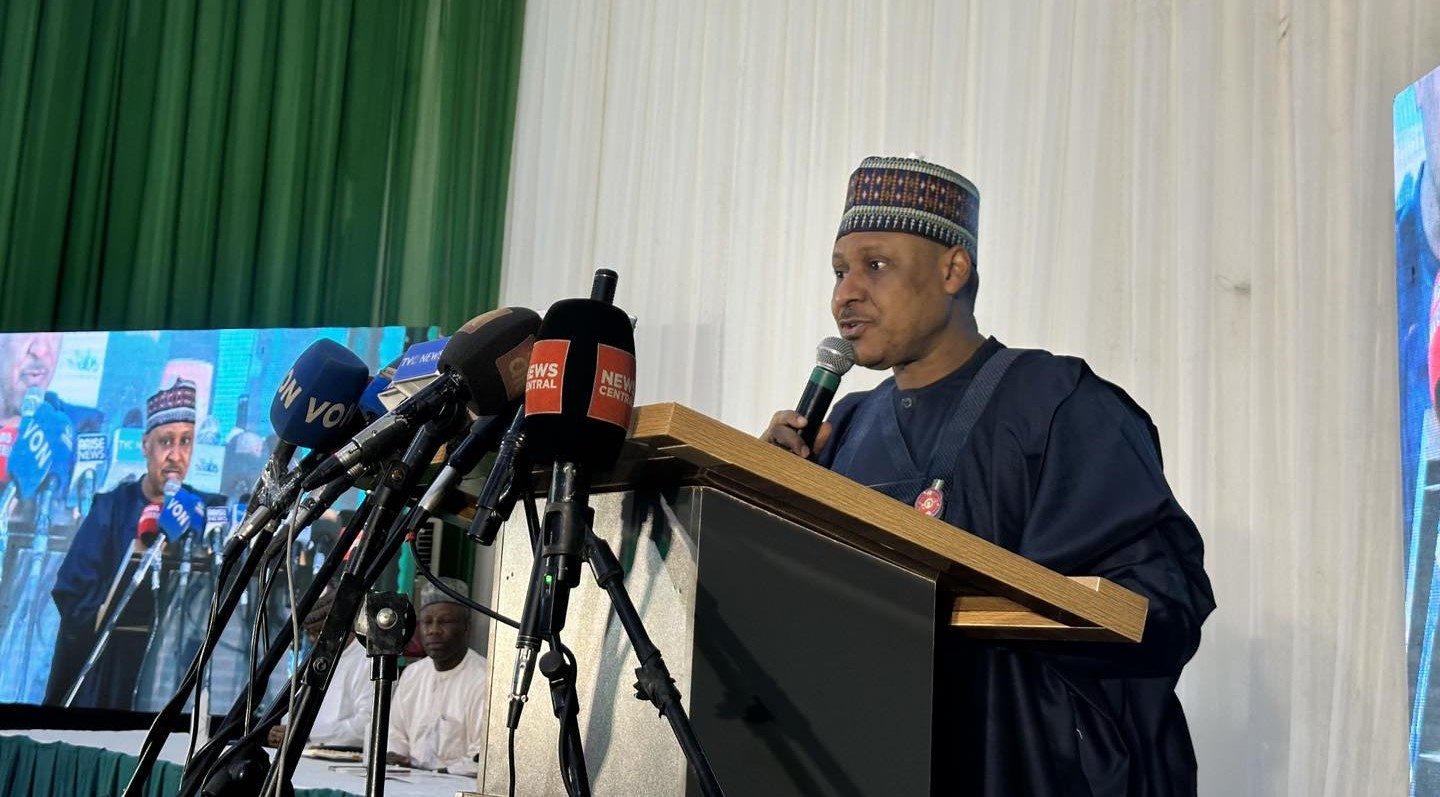
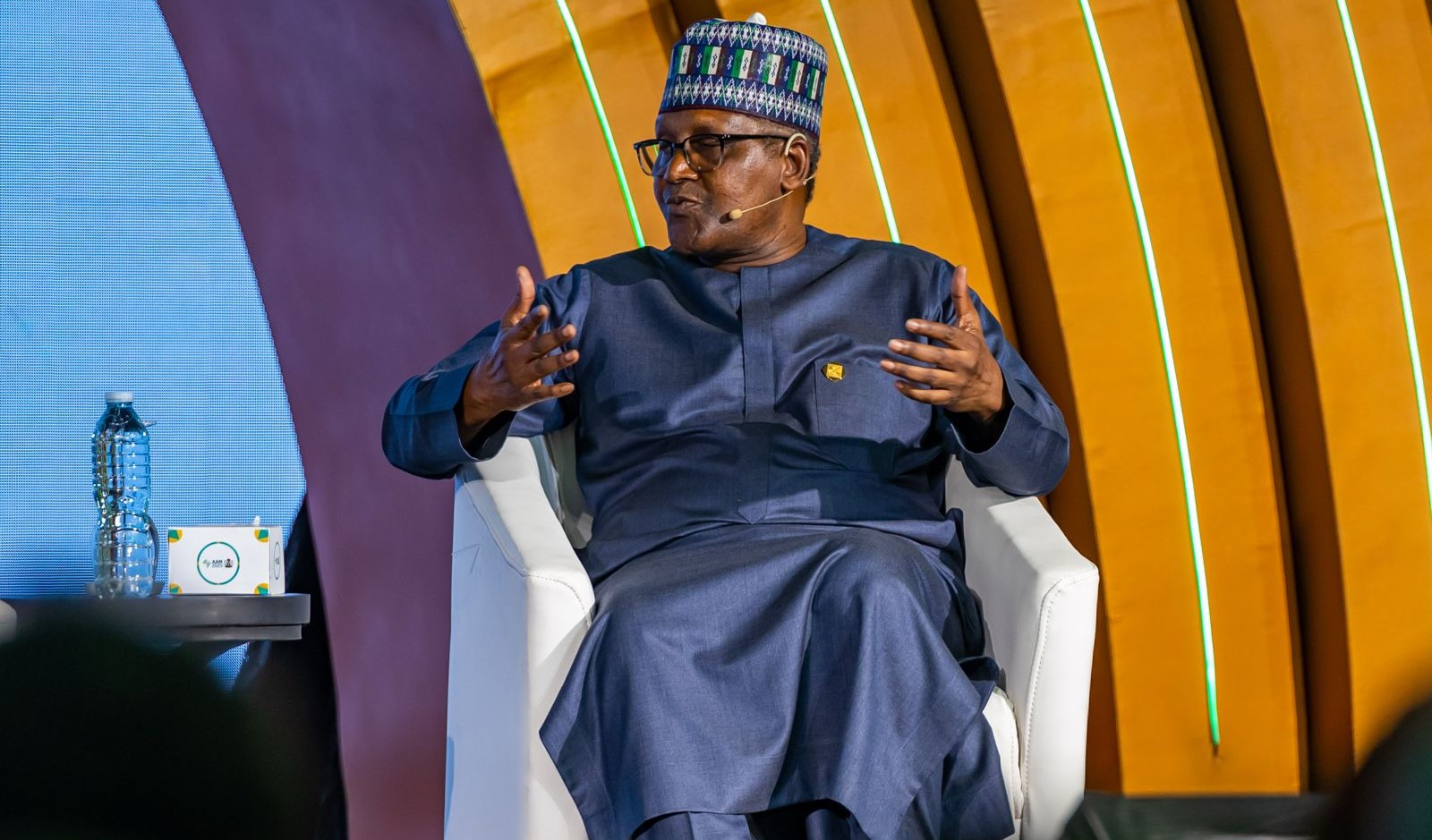
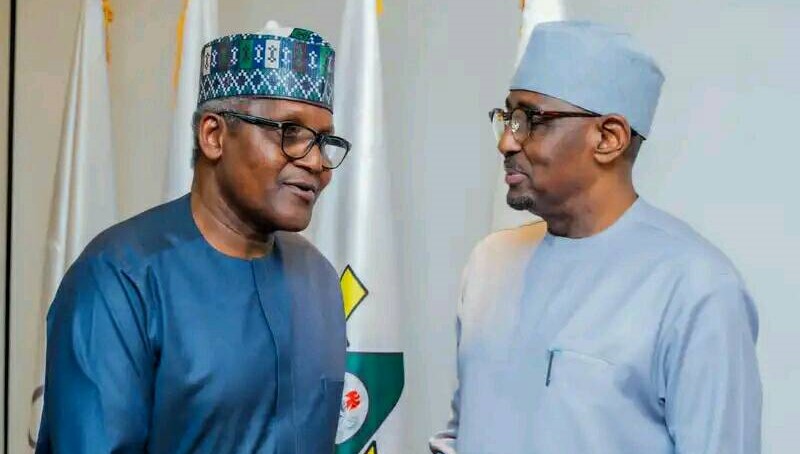
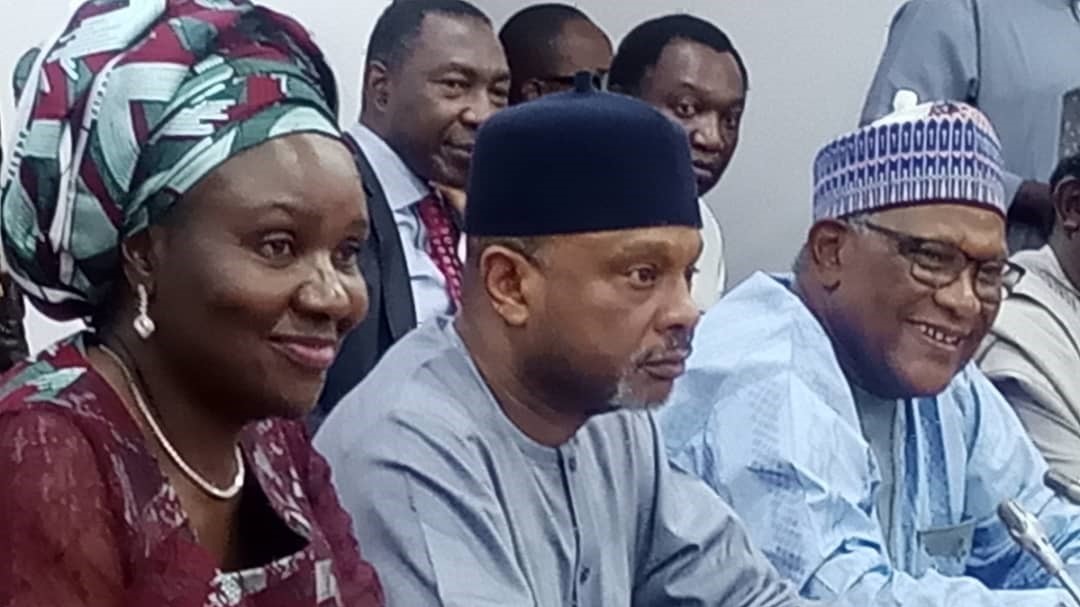
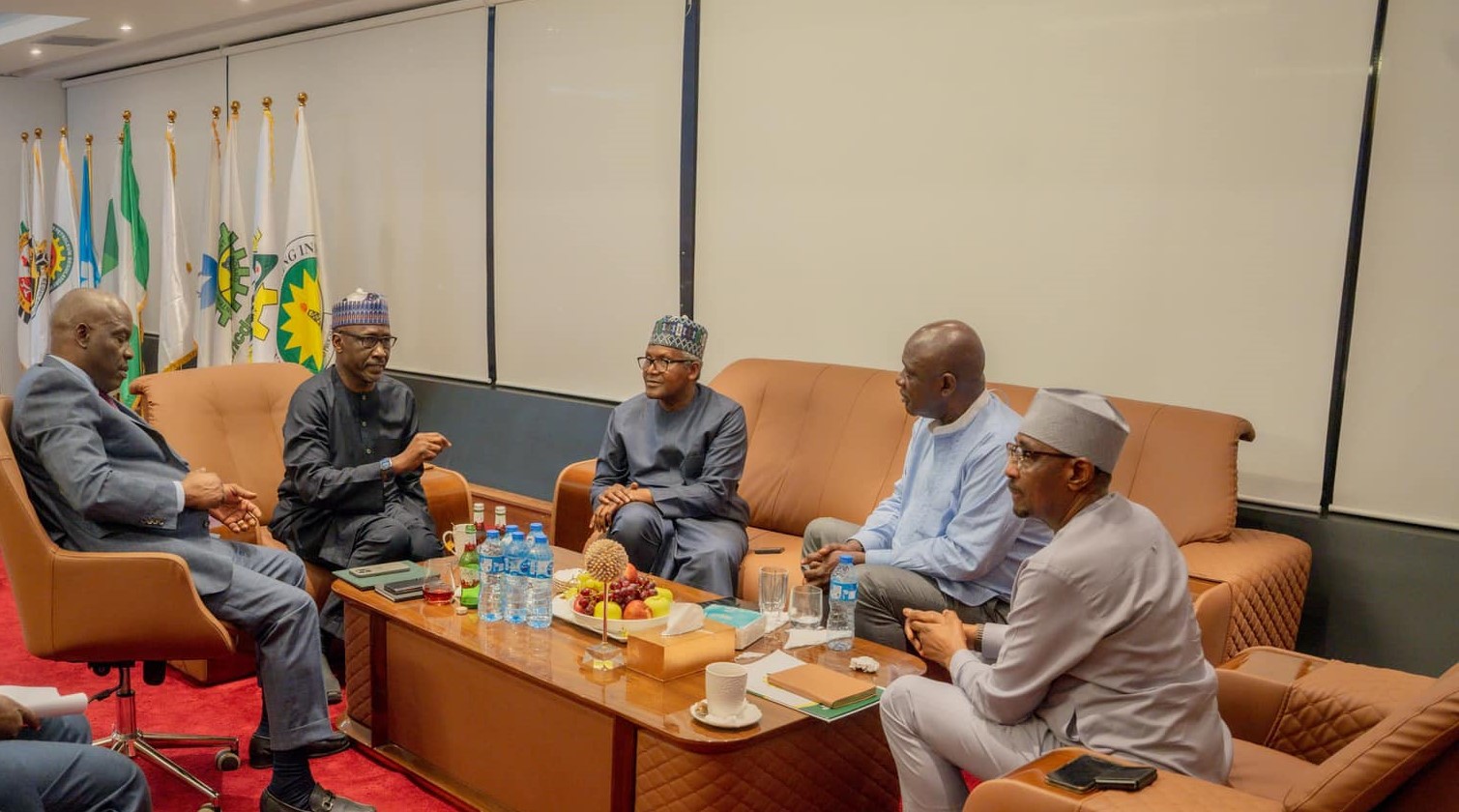
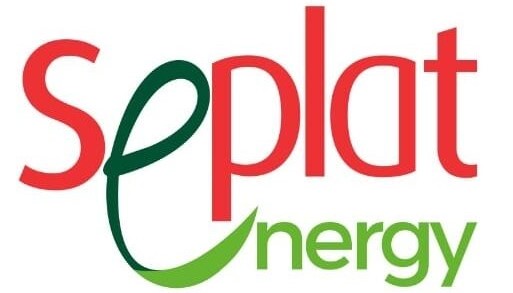
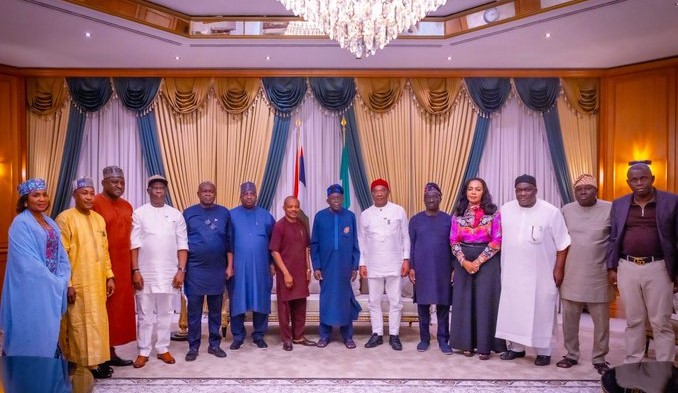
Comments
Be the first to comment on this post
Leave a Reply